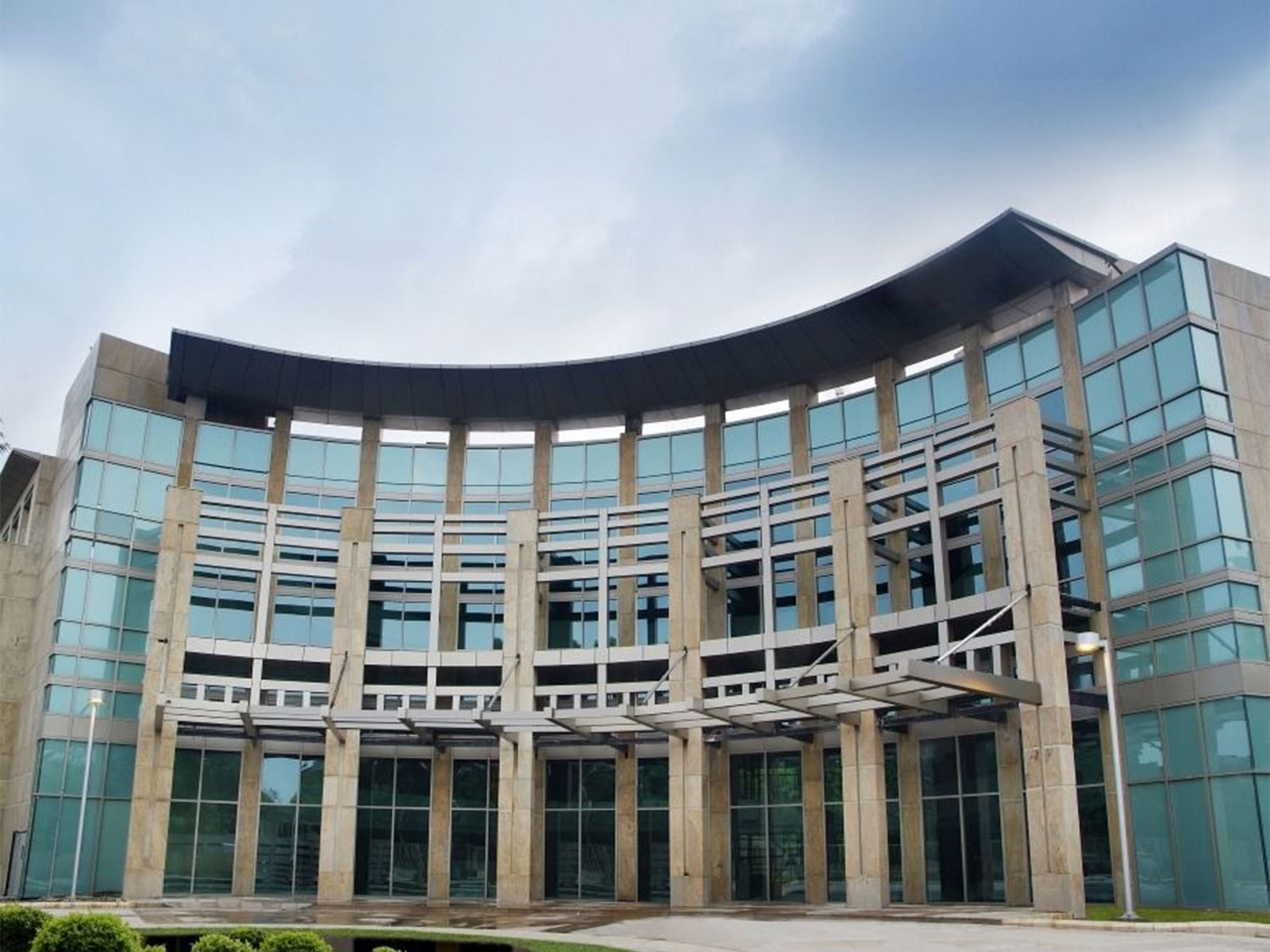Will India become the first country to fine Google for rigging search results?

Being evil
- Google is being investigated in India for abusing its market position
- To what end? Rigging search results to show sponsored/paid content
- If found guilty, Google could pay up to $1.4 billion - about 10% of their income
The charge against them
- It promotes its own products and content on search results
- It also shows sponsored content first
- Companies including Bharat Matrimony, Facebook, Microsoft and Flipkart have all corroborated CCI\'s findings
- Google, however, contends that these few statements are not reflective of overall sentiment on the issue
Growing discontent
- This is not the first time such charges have been levied against Google
- There have been cases in US, Brazil, Germany and Egypt, but Google won all of them
- One exception: European Union, where a similar anti-trust campaign is underway
- Remains to be seen if India becomes the first country to fine Google for its malpractice
Google's mantra, 'Don't be evil', is currently under scrutiny in light of the Competition Commission of India's (CCI) recent charges. The commission has Google with abusing its dominant market position to rig search results.
If found guilty, Google, the world's largest search provider, could face a fine of up to $1.4 billion - roughly 10 percent of their income. Google had posted a turnover of $66 billion and a net income of $14 billion in the last financial year.
Google stands accused on two charges - one that its own products and content supersede the relevance of a user's search. This means that if one searched for 'travel', one would be presented with Google content rather than more popular websites for travel.
The second has to do with advertising. Sponsored links almost always supersede content actually searched for. So search results were more reflective of how much companies spend on advertisements on Google rather than the website's relevance to the user's search query.
As part of the investigations, the CCI has reached out to multiple prominent online businesses for feedback on Google's practices. These included players such as Facebook, MakeMyTrip as well as Flipkart.
In its story, The Economic Times, which had access to the initial report, has quoted submissions from Flipkart as well as Facebook that corroborate the CCI allegations. Microsoft has also allegedly produced a large statement that backs the charges against Google.
The Google representative, however, have contended that these selective statements are not reflective of the overall sentiment of the responses. Google contends that the overall picture put forth by the various statements do not paint quite as guilty a picture.
These testimonies are part of the CCI Director General's (DG) initial report on the case. Google also added that the report was meant to be confidential.
While the report is a recent development, the case itself has been before the CCI for close to three years now. The allegations were first brought to the CCI's notice by Bharat Matrimony as well as Consumer Unity and Trust Society, a local non-profit organisation in 2012.
What's taken so long? Google for its part doesn't seem to be helping investigators make any headway. The company was fined Rs 1 crore by the CCI in 2014 for non-cooperation.
A spokesman for Google issued the following statement: "We're currently reviewing this report from the CCI's ongoing investigation. We continue to work closely with the CCI and remain confident that we comply fully with India's competition laws."
What next?
Google now has until 10 September to respond to the report's findings. One week later, Google as well as the complainants will appear before a seven-member board, headed by CCI chairman Ashok Chawla, to plead their case.
While the impending dates make it seem like this case is nearing its end, both Google and the CCI have made it clear that this is not the case. For its part, Google has stated that "it's still early days".
Ashok Chawla, the CCI chairman also stated that "The process is fairly lengthy, it is a quasi-judicial process. We have to hear the parties involved and then decide. It will take quite some time."
Further, the DG report is, indeed, not binding - The CCI is at liberty to ask for further investigations, reject the DG report outright or accept only parts of it. The CCI has rejected multiple DG reports in different cases in the past.
A global problem
India isn't the first country to pull Google up on antitrust charges. The company has had to fight protracted battles in the US, Brazil, Germany and Egypt - but has emerged unscathed in them all. In the US, regulators ruled that there wasn't enough proof that consumers suffered, while Brazilian authorities ruled that consumers had the choice of using alternate search engines.
However, Google is currently facing the music in the EU. The European Commission has moved an antitrust case against Google for similar reasons. A separate investigation has also been launched into Google's Android operating system.
Interestingly, Centre for European Reform, a pro-EU think tank has published a study showing that Google's search algorithm has actually helped European consumers spend 2.9 percent less.
If found guilty, EU authorities could fine Google up to $6.7 billion - 10 percent of its global revenue.
The $1.4 billion fine in India may not seem much in comparison, but will be a further blow to Google's perfect image.
First published: 2 September 2015, 18:53 IST






![BJP's Kapil Mishra recreates Shankar Mahadevan’s ‘Breathless’ song to highlight Delhi pollution [WATCH] BJP's Kapil Mishra recreates Shankar Mahadevan’s ‘Breathless’ song to highlight Delhi pollution [WATCH]](https://images.catchnews.com/upload/2022/11/03/kapil-mishra_240884_300x172.png)

![Anupam Kher shares pictures of his toned body on 67th birthday [MUST SEE] Anupam Kher shares pictures of his toned body on 67th birthday [MUST SEE]](https://images.catchnews.com/upload/2022/03/07/Anupam_kher_231145_300x172.jpg)






